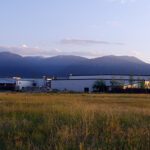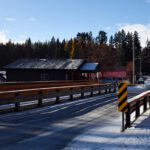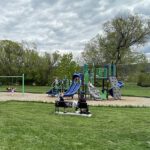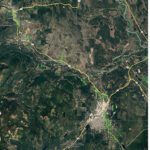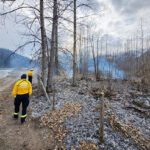Home »

Restoring a natural Ponderosa Pine ecosystem
One of 38 FWCP-funded projects in the Columbia region this year
The Fish & Wildlife Compensation Program (FWCP) is funding a project that will restore a natural Ponderosa Pine ecosystem and enhance a wildlife corridor, while managing threats from wildfire and invasive plants.
Led by ʔaq̓am—a member community of the Ktunaxa Nation—the project is one of 38 FWCP-funded projects in the Columbia region of British Columbia in 2019—2020, for a total value of approximately $5.8 million.
It is estimated that about 3,000 hectares of grassland and open forest are converted to closed forest annually as a result of encroachment and ingrowth within the Rocky Mountain Trench. The reduction in open forests and grasslands has led to an increased risk of catastrophic wildfire, and the loss of critical habitat for wildlife.
This project aims to mechanically thin and prescribe burn 1,300 hectares over a five-year period. Species anticipated to benefit from the work include the Long-billed Curlew, Lewis’s Woodpecker, Flammulated Owl, Common Nighthawk, Yellow Badger, Williamson’s Sapsucker, and Little Brown Bat.
Like all FWCP-funded projects, this project was approved by the Regional Board and aligns with the region’s Action Plans, which identify priorities and projects eligible for FWCP funding.
The FWCP is a partnership between BC Hydro, the Province of B.C., Fisheries & Oceans Canada, First Nations, and public stakeholders to conserve and enhance fish and wildlife in watersheds impacted by BC Hydro dams. BC Hydro funds the FWCP annually in order to fulfill its applicable water licence obligations, and the FWCP directs those funds toward priority actions to fulfill its mission.
Across its Columbia, Coastal, and Peace Regions, the FWCP has approved approximately $9.2 million for 97 projects. Learn more about FWCP projects, results, and how to apply for a grant at fwcp.ca.
Lead image: The badger is one species that will benefit from the ecosystem restoration work. Although they were likely widespread up to the late 1800s they are now endangered in B.C., with probably fewer than 350 living here now. Photo by R. Klafki
Fish & Wildlife Compensation Program
